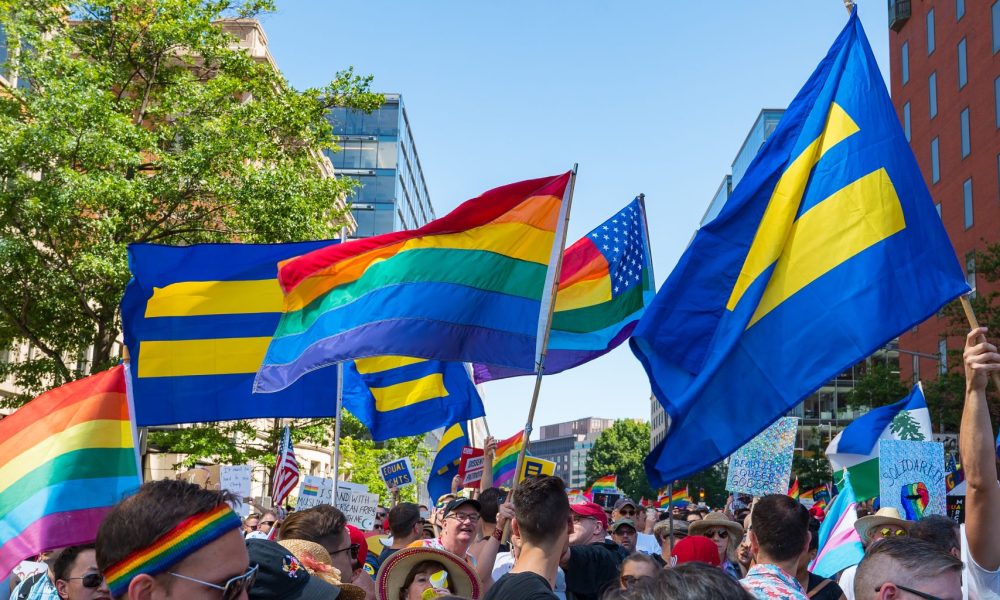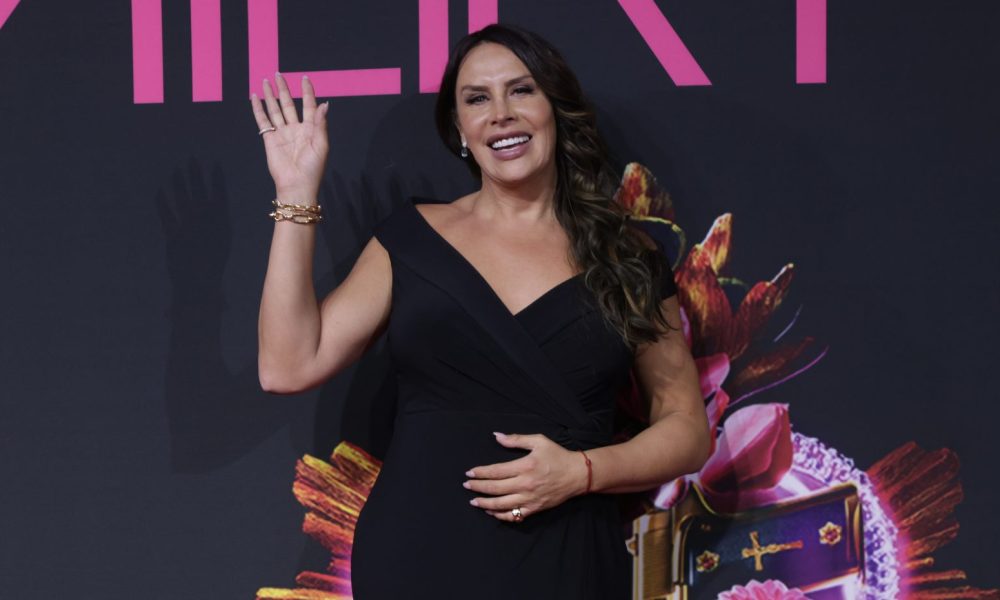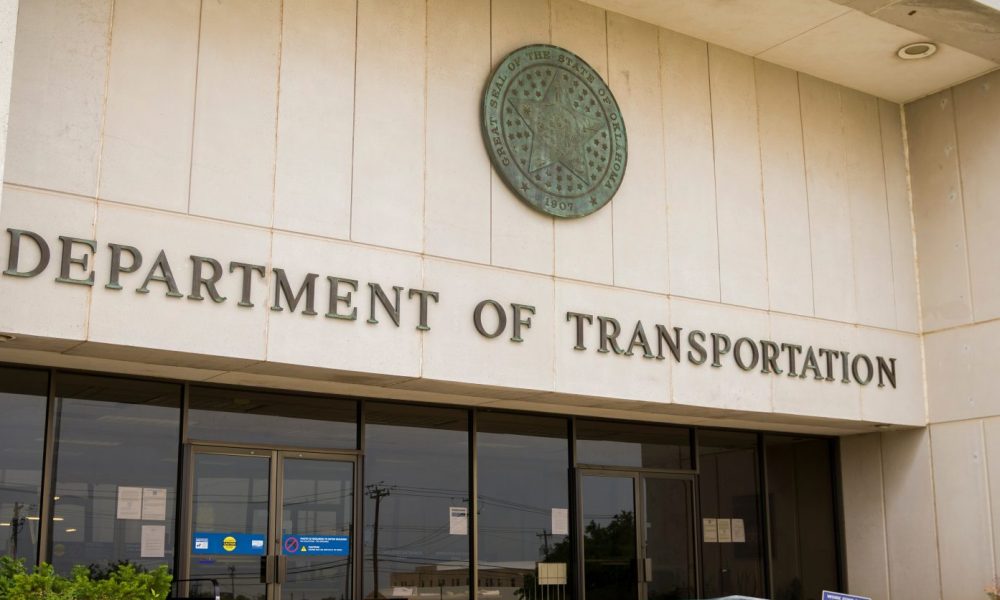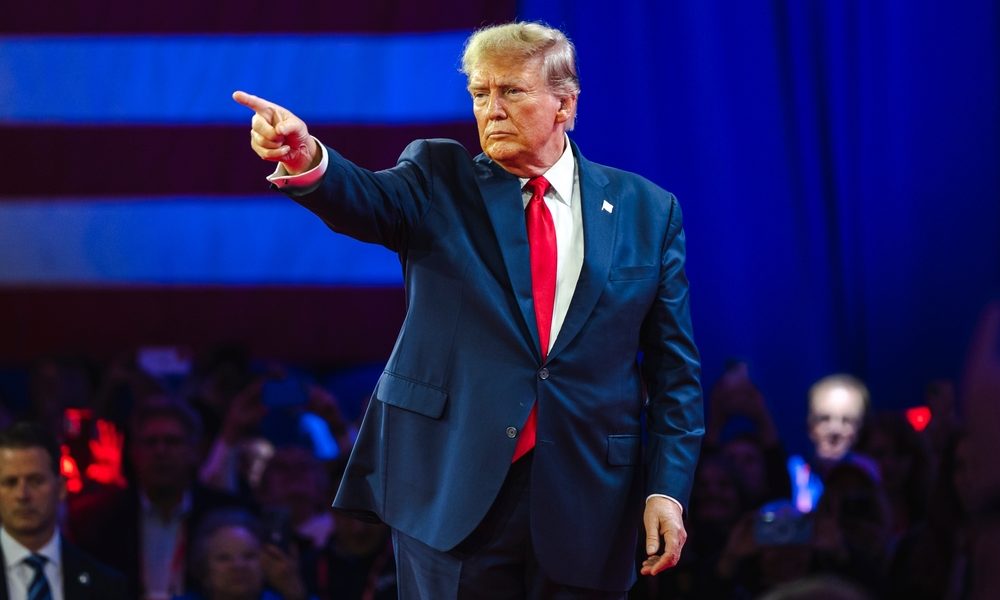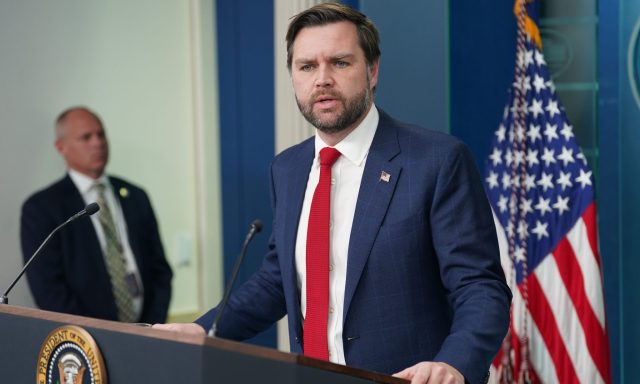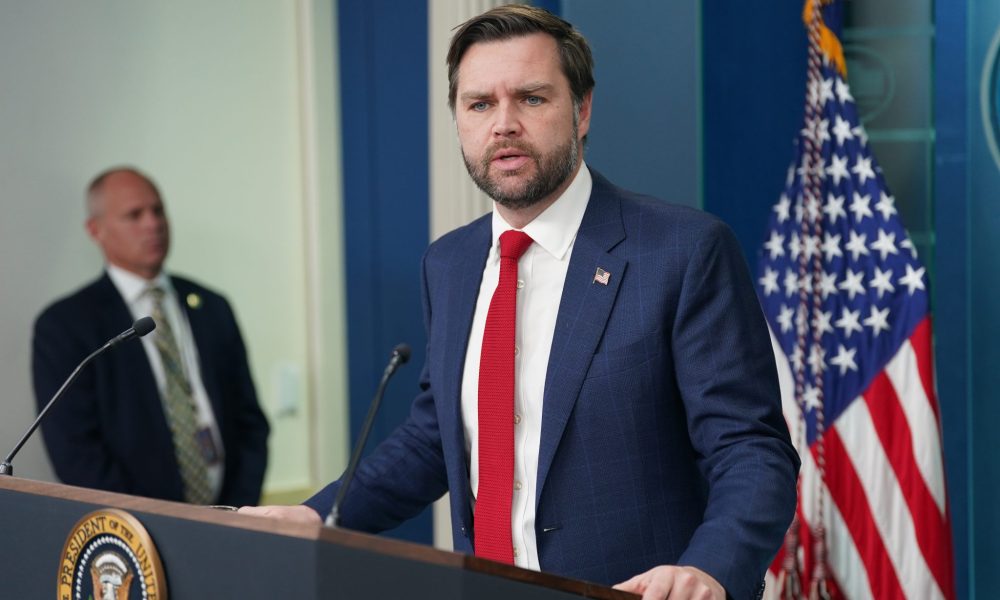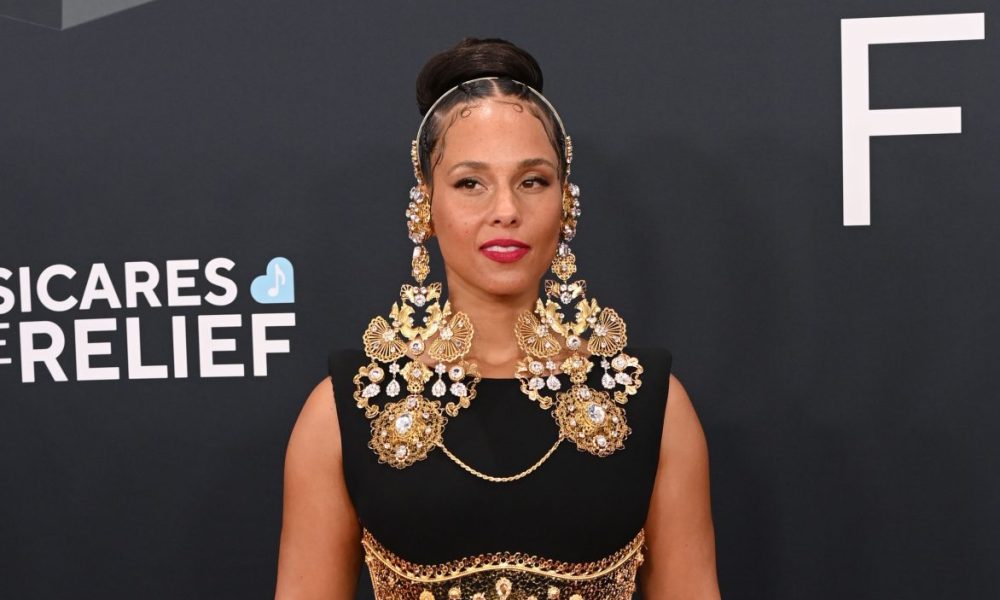Orville Peck, the enigmatic country singer known for his signature mask, is gearing up for his Broadway debut in Cabaret at the August Wilson Theater this spring. The artist, who has captivated audiences with his distinct voice and unique persona, will take on the iconic role of Emcee for a 16-week run, starting this spring.
On Tuesday, Peck shared a glimpse into his rehearsal process, offering fans a sneak peek at his preparations for the highly anticipated Broadway role. His Instagram post included a mix of images: a selfie of the singer, a photo of his rehearsal binder for Cabaret, a screenshot of an audio file, an adorable shot with his dog, and what seemed like a maskless photo taken while sitting in a makeup chair. Alongside the images, Peck teased his followers with a cryptic caption: “Lots happening [upside-down emoji].”
Fans are eagerly speculating whether new music is on the horizon for Peck or if the singer is hinting at an unmasked appearance in Cabaret. Of course, there’s also the burning question: can we meet Peck’s dog? While Peck didn’t provide answers to these questions, his post has certainly piqued interest as the theater world anticipates his Broadway debut.
Peck’s casting in Cabaret was officially announced in mid-January, and the news sent waves through both the Broadway and LGBTQ+ communities. The role of Emcee, a charismatic and often provocative character at the center of the musical, is one that has been a dream role for Peck since his teenage years. In an interview with Deadline, he shared his excitement: “The Emcee has been my dream role since I was a teenager. The nature of the character allows for complete freedom of individual expression. It can be portrayed through such a vast range of emotions, perspectives, and performance styles. That kind of freedom is every actor’s dream.”
Peck, who rose to fame as a country music artist in 2019, has roots in theater. Before his music career took off, he trained as an actor at the prestigious London Academy of Music and Dramatic Art (LAMDA). He also had a brief stint on the West End, appearing in Peter Pan Goes Wrong, showcasing his versatility as a performer.
“I truly cannot believe I’m getting to make my Broadway debut in one of my favorite shows, and in probably my favorite role in all of musical theater,” Peck shared with Deadline. He reflected on his career journey, adding, “I grew up in the theater. I was a working actor and a dancer for many years before I started making music. I did the hustle, and the struggle, for a long time, trying to make things happen for myself. But it taught me so much of who I am as a performer and a person, so it feels very full circle to be making a return to it at this point in my career.”
The excitement surrounding Peck’s Broadway debut is palpable, with fans eagerly awaiting his portrayal of the Emcee. The role is known for its complexity, charm, and daring nature, and it is often seen as a perfect fit for an artist like Peck, who blends raw emotion and creative expression in his music. For Peck, Cabaret is not only a professional milestone but also a deeply personal one, allowing him to return to the world of theater that shaped his early years.
As rehearsals continue, questions about what fans can expect from Peck’s take on the role are growing. Will he keep his iconic mask on during performances, or will he reveal his face? Will there be surprises in store, such as new music or special performances? Only time will tell. What is clear is that Orville Peck’s Broadway debut is one of the most anticipated events of the season, and fans are eager to see how his distinctive talents translate onto the stage.
Peck’s appearance in Cabaret is more than just a performance—it’s a culmination of years of hard work, passion, and perseverance in both the theater and music worlds. His journey to Broadway is a testament to the diverse paths artists take to reach their dreams, and his upcoming run as the Emcee promises to be an unforgettable chapter in his career. As the date draws closer, one thing is for certain: Orville Peck’s Broadway debut will be one for the history books.
Fans can stay updated on his Broadway journey and more by following Peck on social media, where he continues to share glimpses of his preparations and the exciting steps leading up to his debut.




